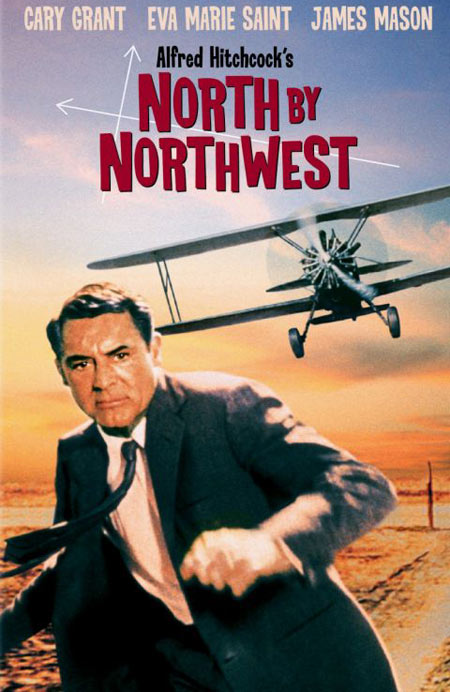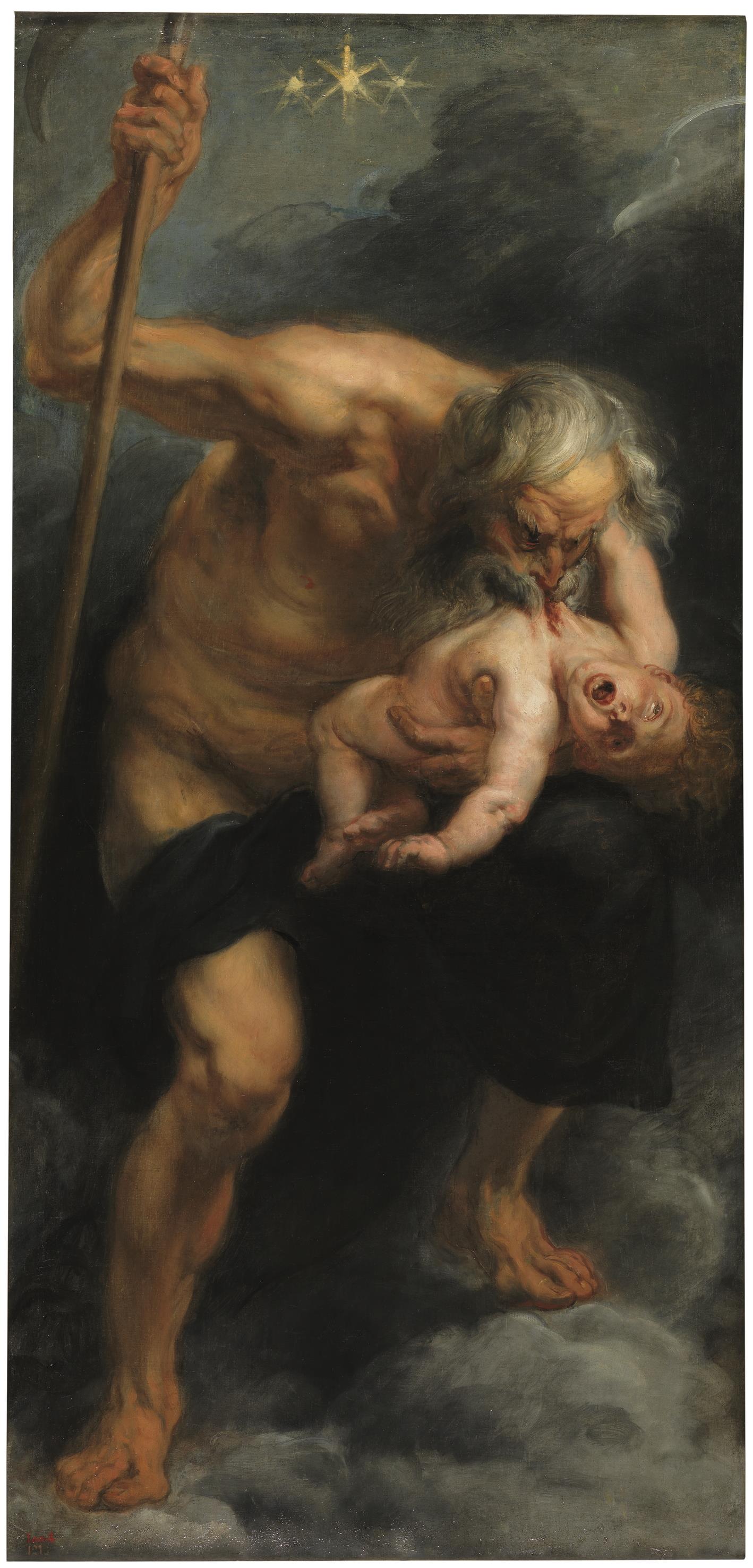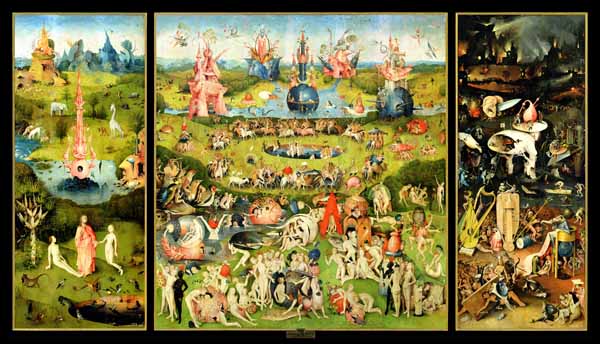It isn't often that you recall precisely where you first met a close friend or where you picked up a favorite book. The Radetzky March, without a doubt, has become one of my favorite books and so I feel the need to write about where I first saw it - even if it has nothing to do with it's contents and what I think about it.
Summer was almost entirely non-existent this year but on one of the rare, baking-hot days of the season, I found myself in London, inappropriately dressed in a pullover and black trousers. My exams had long since ended and during the interminable days before both results and the granting of my Schengen visa, I had decided to come down to London to visit Thomas - resident of the British Library - and Gabriela, world traveler, on a short excursion home. Thomas and I arrived at Holland Park tube station on that sweltering afternoon, desiring to both meet Gabriela as well as drink copious quantities of water. Unfortunately, we were not able to do either as Gabriela was still in Notting Hill. Hoping to kill some time before her return, Thomas and I, wandered into the local bookstore. It was here, while browsing the German literature section that Thomas noticed
The Radetzky March and commented that it was "his favourite novel".
Such extravagant an accolade, though passed off-hand, came from someone who is usually reticent with his praise and so the title of the book and the image of the red drum on the cover, remained seared in my memory. A couple of weeks later, after receiving confirmation that I had passed the Bar course and my visa-stamped passport by post, I stepped into a bookstore in Berlin with my father. The newly renovated Duschmann had considerably increased its stock of German book translated to English and among them was Roth's Radetzky March.
We picked it up immediately and over the next couple of weeks, I went through the novel slowly, savoring each chapter like a particularly sweet cherry dumpling. On the micro-scale, the novel follows three generations of the Trotta family and explores the nature of family legacies, heroism and codes of honour. On the macro-scale, it is a skeptical account on the virtues of modernity or, as Thomas puts it, is a lamentation regarding the "entropy of progress". What adds to the melancholic atmosphere of the novel is that the author is invariably resigned to the inevitability of this.
In an exposition that uses a plot device eerily similar to the one used in the beginning of
One Hundred Years of Solitude, the dominating character of the novel is introduced, the 'Hero of Solferino' and the reader is made aware immediately, just like with Colonel Buendia, that the character is doomed to death and oblivion. In a continuation of this parallel, the 'Hero of Solferino' haunts the pages of this book and its characters despite passing away in the first Chapter and his long shadow is present throughout the lives and death of the Kaiser, the District Captain Trotta, Jacques and Lieutenant Trotta. While his name is wiped out from the history books, his memory abides in the fertile imagination of the Kaiser and the Trotta family. The younger Trottas do not have nearly as imposing a presence as their forebearer - which only heightens their anxiety. District Captain Trotta, while polished and dignified, in many ways, comes across as the stern father who becomes softer with age and thereby loses his father's soldierly distance and reserve. Lieutenant Trotta bears only a superficial resemblance to his grandfather, possibly symbolized by the fact that he only manages to 'save' the Kaiser's image from a brothel, while his grandfather saved the actual monarch's life. By most accounts, Lieutenant Trotta would be seen as a failure: a cavalry officer demoted to the infantry due to his irresponsible dalliances, a careless gambler whose mounting debts requires the ultimate intervention of his father and the Kaiser and a poor soldier inept at horse-riding and warfare. Through his eyes we see Roth's personal perspective. That this is so is reflected in the following passage:
I lived in the cheerful, carefree company of young aristocrats whose company, second only to that of artists, I loved best under the old Empire. With them I shared a skeptical frivolity, a melancholy curiosity, a wicked insouciance, and the pride of the doomed, all signs of the disintegration which at that time we still did not see coming. Above the ebullient glasses from which we drank, invisible Death was already crossing his bony hands. We swore without malice and blasphemed without thought. Alone and old, distant and omnipresent in the great and brilliant pattern of the Empire, lived and ruled the old Emperor, Franz Joseph. Perhaps in the hidden depths of our souls there slumbered that awareness which is called foreboding, the awareness above all that the old Emperor was dying, day by day with every day that he lived, and with him the Monarchy--not so much our Fatherland as our Empire; something greater, broader, more all-embracing than a Fatherland. Our wit and our frivolity came from hearts that were heavy with the feeling that we were dedicated to death, from a foolish pleasure in everything which asserted life: from pleasure in balls, new wine, girls food, long walks, eccentricities of every sort, senseless escapades, self-destructive irony, unfettered criticism: pleasure in the Prater, in the giant Ferris wheel, in Punch and Judy shows, masquerades, ballets, light-hearted lovemaking in quiet boxes at the Court Opera, in manoeuvres, which we mostly missed, and pleasure even in those illnesses which love more than once bestowed upon us.
Such a passage, with its wistful reminisces of mild hedonistic pleasures, could have been written by Lieutenant Trotta himself. While all of these three characters can move us, Roth does not depict women and servants nearly as well. There are only three prominent women in this novel and two of them are portrayed as mature seductresses and one of them a bland, featureless, despised housekeeper. Even the two male servants, Jacques and Onufrij are caricatured as being utterly loyal and devoted, with hearts of gold, even when they are repeatedly ignored or chastised. Jacques in particular takes this to extremes by polishing his master's boots and looking upon his former master's portrait while in the throes of death. Onufrij, Lieutenant Trotta's orderly-cum-deserter is slightly more interesting and resembles in many ways Svejk from Hasek's
The Good Soldier Svejk.
Structurally, each chapter stands on its own and could easily have been distinct short stories. This is because each chapter's story-line is remarkably airtight with each focusing on a different family member at distinct times of their lives but shaping the novel's narrative overall.
The narrative examines, through the characters in the military and the civil service, the slow decay of the Austro-Hungarian Empire. This is most evident in Chapter 11 when the District Captain visits his son in the Empire's hinterland and dines with Count Chojnicki, a patron to the captain's son, who informs him that "we are no longer alive" (p.161). It is perhaps appropriate that he shares this thought in such a geographical location, caught between old and new, between aging Empires and nascent worker's communes. By saying this he seeks to intimate that he, the lieutenant son and the district captain are no longer relevant as power is moving in the direction of the nation states and they are part of a collapsing dynasty that "God has abandoned" (p.162) (Given that the Austrian Kaiser is empowered by God himself, that is quite a loss!) From the events of the day, it can be extrapolated that God has not only abandoned the Kaiser but also his people, who have fallen prey to Godless revolutionaries. Chojnicki, in one dramatic monologue, raves about the relentless march of modernity:
We are doomed, you and your son and I. We are, I tell you, the last members of a world in which God sheds upon majesties and lunatics like myself make gold. Listen! Look! And Chojnicki stood up, went to the door, turned a switch, and the lights on the large chandelier shone. "Look!" said Chojnicki again. "This is the age of electricity, not alchemy. Chemistry too, you know! Do you know what this thing is called? Nitroglycerin." The count articulated each syllable. "Nitroglycerin" he repeated. "No more gold! In Franz Joseph's palace they still often burn candles. Do you understand? Nitroglycerin and electricity will be the death of us!" (pp.162-163)
The highlighting of this facet of modernity reminds me of the melancholia which pervaded the scenes in Satyajit Ray's
Pather Panchali, where telephone poles were erected and the new Bengal railway could be seen. But it was not only electricity, but also casinos and sleazy, featureless 'businessmen' whose reach extended all the way to the frontiers of Empire. They stand for all that is decrepit and ignoble in that fading world and are omnipresent in the book like Death. These passages where the soldiers fall under the pernicious influence of gambling rings and petty businessmen provide some of the most tragic and touching moments of the book.
However, a reader will reach their emotional nadir in the last chapter and epilogue. The book that begins with elaborate descriptions of sun-drenched lunches of roast beef and cherry dumplings, sparkling uniforms and proud military processions ends on the bleakest of notes with priests and peasants hanging from trees in church squares and dying soldiers struggling to find water in wells stuffed with corpses. It is the kind of imagery that wouldn't be out of place in Dante's
Inferno and is in keeping with some of the horrific events that are yet to come!
The Epilogue accounts for the slow death of the last Trotta, around the same time as the passing of Kaiser Franz Joseph. What adds poignancy to this is, as Elie Wiesel puts it, is that the protagonists of this novel are anti-heroes living outside of history.
"They are defeated from the start by some nameless malediction. They live in the back country, cut off from the mainstream, outside history. Their hopes and ambitions are limited to their needs. Winners or losers, their stakes are too small for them to be anything but extras on a make-believe stage."
Some reviews of the Radetzky March:
New York Times (October 17, 1933)
New York Times (November 3, 1974)
New York Review of Books (February 28, 2002) (Coetzee also writes a lot about his life)
Berlin







.jpg/326px-Francisco_de_Goya,_Saturno_devorando_a_su_hijo_(1819-1823).jpg)

.jpg)




